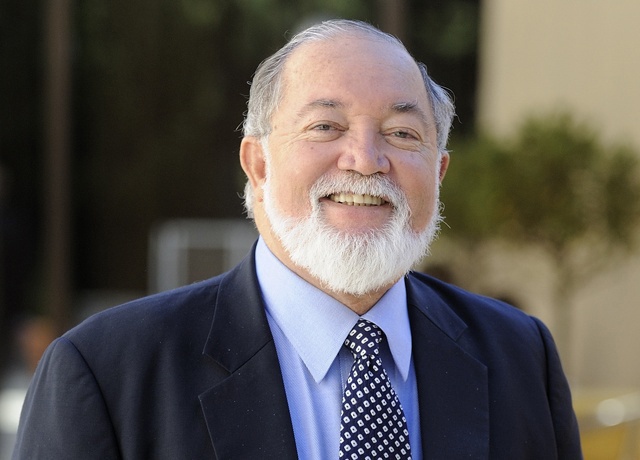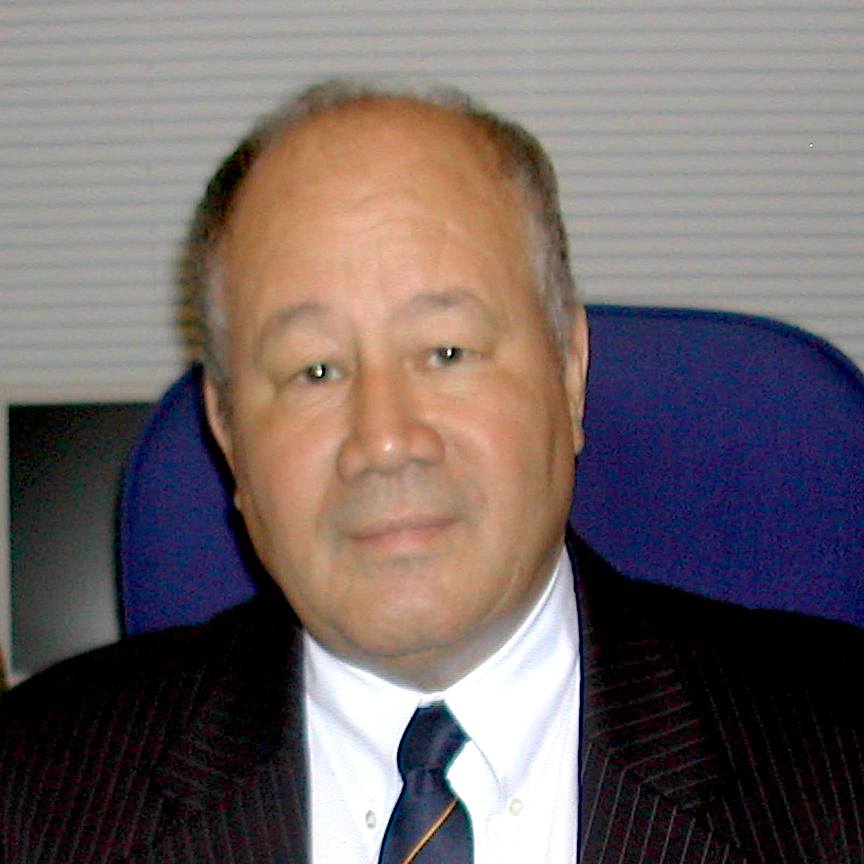James Mancham is guest of honour as leading peace judge launches memoirs

James R. Mancham was a guest of honour when the memoirs of distinguished Judge Christopher G. Weeramantry were launched in the Grand Hall of the Peace Palace at the International Court in The Hague.
The memoirs, “Towards One World”, carry a powerful message about the use of law as a means for the betterment of humanity. The Sri Lankan judge, who was until recently vice-President of the International Court of Justice, dedicated the book to “achieving the one world of peace and justice which is our sacred trust towards generations yet unborn”.
A longstanding friend of Sir James, Judge Weeramantry is the author of around 25 books and is president and patron of several international peace-related organizations.
At the launch, Judge Peter Tomka, president of the ICJ, hailed Judge Weeramantry is one of the foremost international legal thinkers of our time.
He said: “During more than six decades of his outstanding legal career, he had not just practised law but had been pondering on broader philosophical, cultural and religious issues in the search for justice and the true meaning of law and legal order. He remains a strong advocate and vocal proponent of peace and harmony, not only between human beings but also between human kinds and environment.”
Recently, Judge Weeramantry took note of the open letter which founding President Mancham had addressed to the President of Egypt pleading for clemency for three Seychelles citizens who are under the death sentence in Egypt.
In an email to Sir James, he said: “Capital punishment is a penalty which I have always disapproved of as I feel that not event the state itself has the right to deprive a citizen of the most fundamental of human rights, namely the right to life.
“It is of course the duty of the state to punish wrongdoers but it is also the duty of the state to do all it can to rehabilitate and correct those who have acted wrongly. This is an area of law which needs the attention of concerned citizens and legislators and it has been sadly neglected over the centuries.”
UN 'must face up to world water crisis'
The United Nations must take the lead in tackling the world's water crisis, says Sir James Mancham.
He said the need and demand for water is in excess of availability and called on the UN Secretary-General, Ban Ki-moon, to establish a World Water Organisation.
Sir James made his plea at the World Water Summit held in London where delegates discussed the increasing strains on the planet's water resources and how governments could build capacity and take the lead in driving a sustainability agenda.
Ephraim Kamuntu, Uganda's Minister of Water and Environment, said he was fully supportive of Sir James's view. He said he shared his goal that if the United Nations could have a specific organisation dedicated to World Health and World Tourism, there was now a necessity to think about a World Water Organisation.
Mr Jan Eliasson, Deputy Secretary-General of the UN, said the call demanded consideration. He added: “While the United Nations has so far done a good work at horizontal level with respect to the water problem, the urgency of tackling the issue and the menace of water shortage is such that the creation of a specific organisation could be justified.”














